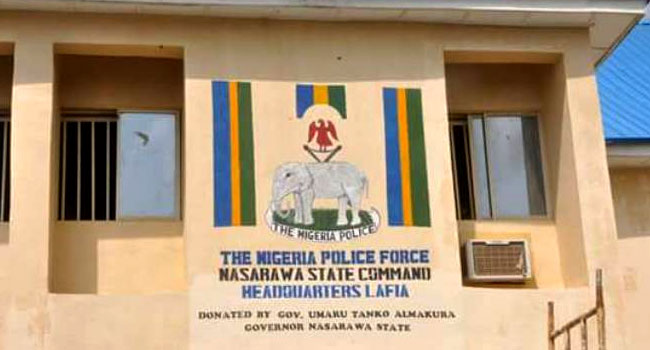Stakeholders, including youths, traditional and religious leaders, law enforcement officers, civil society organisations, and non-governmental organisations, recently met at the National Union of Teachers (NUT) premises in Abeokuta to reduce Sexual and Gender-Based Violence (SGBV) and break the silence surrounding it.
The town hall meeting was organised by the Centre for Women’s Health and Information (CEWHIN).
Themed ‘Partnership for Enhanced Violence Against Women and Girls Prevention Among Religious and Traditional Stakeholders in Ogun State,’ the event featured panel discussions, call-ins from radio listeners, and remarks by stakeholders present, who provided recommendations on how to protect and ensure justice for women and girls in the state.
In her opening remarks, Oluwafunmilayo Abdullahi called on community leaders to stop covering up injustices committed against women and girls and instead encourage them to speak out and support bringing such matters before the law.
The Secretary of the Ogun State Council for Islamic Affairs, Dr Salami Fatai, advised Muslim leaders to take an interest in creating spaces for their members to confide in them and receive appropriate counsel. He also pledged to embark on capacity-building initiatives for women and provide sensitivity training for Muslim religious leaders.
Apostle Tola Adenekan of the Cherubim and Seraphim Church, Chapel of Faith, Abeokuta, warned community leaders and residents to stop pleading with or for abusers but instead hand them over to the authorities. He stressed that Christianity is founded on principles of love and peace and does not support enduring toxic marriages.
Educator and community leader, Adesina Adefolaran, called for the protection of the female child and warned parents against allowing their children to hawk or sell wares, noting that such children are especially vulnerable.
He also urged neighbours to be watchful and act as whistle-blowers against the exploitation of house helps.
Adefolaran highlighted the need to break the culture of silence and ignore the popular sentiment of staying for the children in an abusive marriage.
Key commitments from stakeholders included: ensuring that religious leaders no longer cover up but hand over perpetrators to the law; creating awareness of government provisions, such as helplines and agencies, and advising community members to utilise them; and encouraging believability and protection for persons with disabilities, children from low-income homes, and others.
Additional commitments included delivering communal talks and training to community members with progress reports to CEWHIN, providing sex education in accurate and appropriate language to children, teaching the male child about gender equality, and offering financial support to children to prevent them from seeking it from strangers with ill intent.
Stakeholders also resolved to instil values in children to help them shun vices, redefine cultural and religious expectations of endurance in marriage, encourage divorce and legal intervention as forms of behavioural modification for marital issues, and promote the economic resourcefulness of women so that financial responsibility does not rest solely on their husbands.
“We must encourage community members to say something when they see something and support women to be economically self-reliant,” they added.






